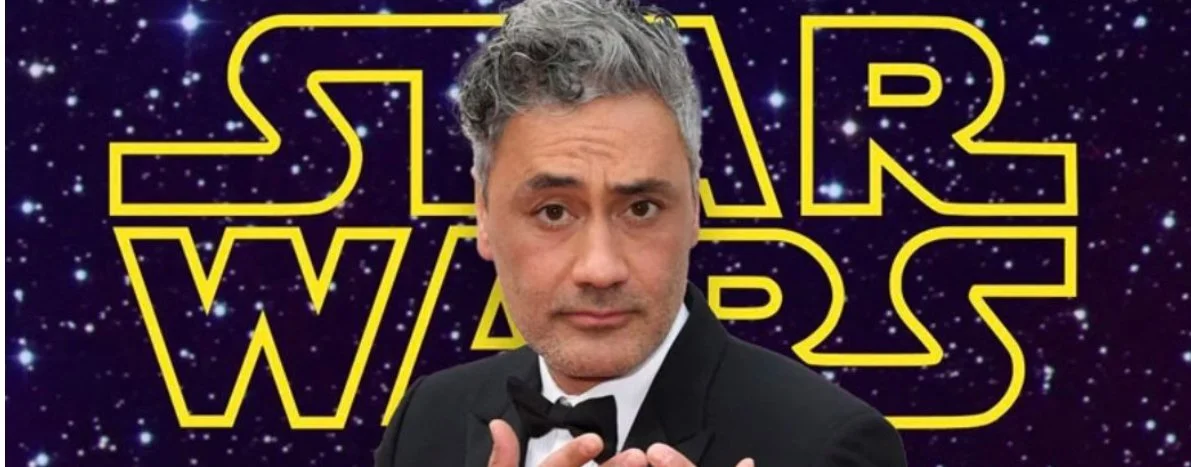I saw director Jeff Baena’s “Horse Girl” two weeks ago at Sundance (it is now available to stream on Netflix), where it was completely ignored in favor of the bigger, flashier titles. Written by Baena, the film stars the incomparable Alison Brie (“Mad Men,” “Community,” “GLOW”) as Sarah, an arts and crafts store employee who may be slowly, but surely losing her own grasp of reality.
Brie delivers some of her finest work as the complex, fragile and, potentially, delusional Sarah. In the first few minutes, you wouldn’t think Sarah is just a mere brain switch away from the looney bin. The deceptively simple way that Baena builds up his movie could have you thinking it’ll be another observational low-key, character-driven indie, but that, “Horse Girl” isn’t.
Sarah seems perfectly happy and content at her workplace, especially with the friendship she strikes up with co-worker Joan (Molly Shannon, doing fine work here). Hell, between the Zumba classes she takes, horse grooming she commits to at the stable and the customer-service friendly work she delivers, life seems to be fairly peachy for Sarah. She even has the time to date the friend of ditzy roommate Nikki’s (Debby Ryan) boyfriend. Despite not being the sharpest tool in the shed, Nikki does want to help Sarah be a more outgoing person instead of the hermit who stays indoors every night and watches taped episodes of her favorite soap opera, “Purgatory.”
However, the more we get to know Sarah, the more we realize something is a little…off.
I won’t say more about “Horse Girl,” as the movie ends up going into unexpected, riskily surreal, territory. At its core, it’s a grounded, deadpan portrait of a sad and lonely woman, all rendered through effective realism, which makes this character study even more poignant than we ever could have imagined at the start. We want Sarah to get better, but given the history of mental health issues in her family, we know those damn genetics may be all too powerful to defeat the hereditary doom looming in the shadows. In fact, the story that Beana concocted was inspired by Alison Brie’s own family history of mental health issues, including her grandmother’s paranoid schizophrenia and Brie’s own experiences and struggles with depression.
Brie’s performance is funny, sad, disturbing and, ultimately, resonates because you do believe the mental health nightmare that this poor woman is going through. With every ensuing madcap UFO conspiracy theory she spews out, you truly want to believe that Baena will prove that she is not losing her marbles — maybe he can delve into a little sci-fi and, at the very least, make Sarah’s triumphant victory over these voices an ambiguous one — that is how much we care for Brie’s portrayal of her character. It’s a testament to Brie and Baena’s confidence as artists that, in the end, “Horse Girl” sneaks up on you with its uneasy dread. [B/B+]





